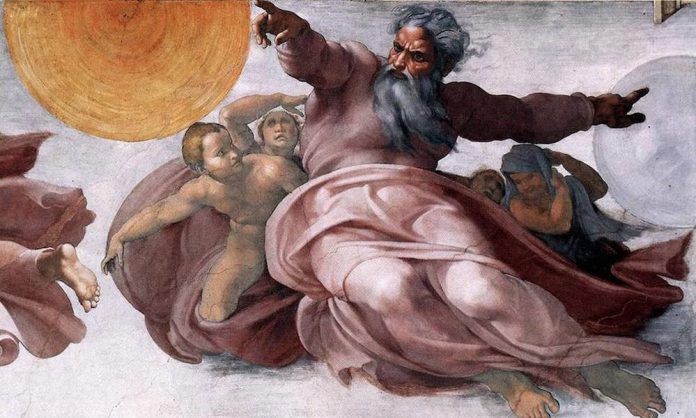According to the Catholic philosopher Jacques Maritain in his 1952 book The Range of Reason, there are Christians who, to all intents and purposes, think and behave more like atheists than Christians. These are people who call themselves Christian, but by their actions show that they do not really believe what they say they believe. Maritain’s view is no different than what Christ said: “Not everyone who says to me, ‘Lord, Lord,’ will enter the kingdom of heaven, but only the one who does the will of my Father in heaven. Many will say to me on that day, ‘Lord, Lord, did we not prophesy in your name? Did we not drive out demons in your name? Did we not do mighty deeds in your name?’ Then I will declare to them solemnly, ‘I never knew you. Depart from me, you evildoers.’” (Matthew 7:21-23)
Who are these people of whom Jesus speaks? They are first and foremost all the hypocrites of the world. Their prototype is Judas, whose descendants are everywhere. They are found among the clergy and lay leaders of all religions. They are certainly among the organizers of most communities and are busy shaping political and social policies. Won over to the dominant libertarian (free-to-be-me) ethic, it does not occur to them that public policies ought to be approached and decided with common sense and the sense of the sacred. Rather, and almost exclusively, they are concerned for human equity and human ‘rights’. There is among such people a fever pitch of self-righteousness that blind-sides them to any sense of truth other than the one most useful in perpetuating their own stubbornly selfish interests.
There are pros and cons as to whether we have become a godless nation. But how do we honestly answer the following questions? Would a godly nation tolerate the mass slaughter of the unborn by well over a million victims year after year? Would a godly nation elect to the presidency a ‘Catholic’ man who affirms the right of a woman to demand the death of her own unborn child? Would godly courts extend police protection to the well-paid butchers of the unborn? Would a godly nation tolerate so great an insult to common sense as First Amendment protection of hard-core pornography? Would a godly nation tolerate courts that strike down religious expression in public places? Would a godly nation allow the free and increasing use of profane and vulgar language on radio, television, and in the movies? Would a godly nation tolerate the public schools teaching the young that sexual perversions are just “alternate life styles”? Would a godly nation submit to the public ridicule of religion and religious leaders (including Jesus Christ)? Would a godly nation suffer the demand (never before know to exist in human history) that marriage licenses be issued for the union of two sodomites of the same sex?
Fifty years ago there would have been no reason to ask any of the questions raised above. For these and many other reasons it is difficult to make a convincing case that America is any longer a godly nation, but rather a nation full of rather bad actors indifferent to the will of Christ the King.
Peter Kreeft eloquently argues in How to Win the Culture War that we have to realize three vital facts. First, we have to understand that faithful Christians are at war. Second, they have to know their enemy. Third, they have to use their spiritual weapons. They also have to stand united. People of faith need to unite not against other people of faith, but against their true common enemy … those who would destroy all faith if they could. We are in conscience obliged to oppose not only the people who openly declare themselves enemies of the faith, but also those who pretend to be friends of the faith, but are really the proverbial worms within the apple.
Well yes, there are good Christians, yet many of them live as pale reflections of the full-blooded Christians they were supposed to be. As always, there are legions of bad Christians. They are the ones who wear religion on their sleeve for all the world to see, rather than in their hearts where only God can see. If they are Catholic Christians they might even visit the pope in Rome for the sanctimonious photo-op. And why not? History shows us often enough what bad Catholics love to believe: that when Judgment Day arrives, they can point to picture-proof evidence their pope has approved them with a smile, a nod, and a blessing.
Sic transit gloria mundi!










